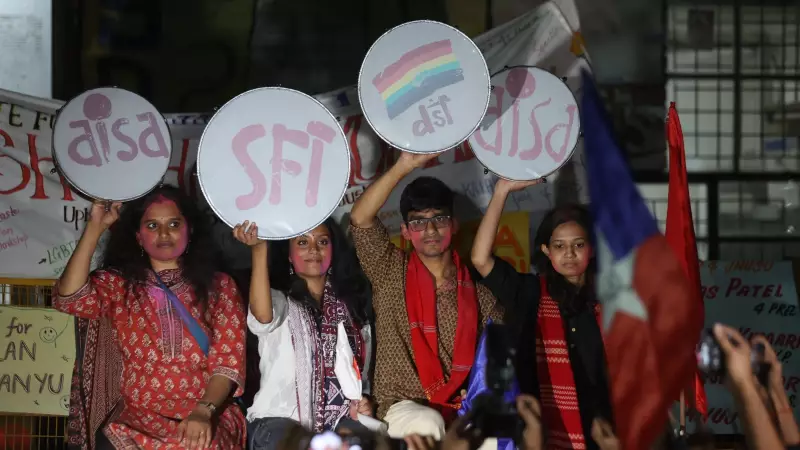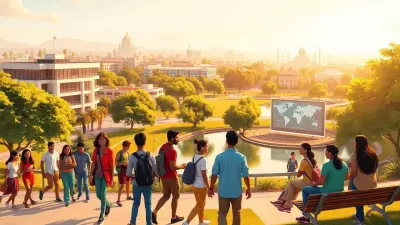
The hallowed corridors of Jawaharlal Nehru University (JNU) are buzzing with renewed energy as the campus welcomes its newly elected student representatives. The recently concluded student union elections have brought forth a dynamic team of leaders, each with unique backgrounds and compelling political journeys.
The Winning Team: A Closer Look
Leading the charge is Dhananjay, the newly elected President, whose academic journey in Chinese studies has been complemented by active political engagement. His leadership experience spans multiple student movements, making him a familiar face in campus politics.
By his side stands Avijit Ghosh, the General Secretary, whose commitment to student welfare stems from personal experience. Having faced accommodation challenges himself, Ghosh has become a vocal advocate for hostel reforms and student amenities.
The Women Leading Change
The team features strong female representation with Shubhanshu Singh as the Vice President. Her background in international relations brings a global perspective to student governance, while her involvement in gender equality initiatives promises to address critical campus issues.
Completing the leadership quartet is Mohammad Sajid, the Joint Secretary, whose focus on academic reforms and research scholar rights reflects the concerns of JNU's substantial postgraduate community.
Beyond Politics: The Human Element
What makes this election particularly interesting is the personal stories behind the political faces. From overcoming administrative hurdles to balancing academic pressures with social activism, these leaders represent the diverse aspirations of JNU's student community.
Their election campaigns focused on practical issues affecting daily student life – from hostel infrastructure and library facilities to academic support systems and campus security. This ground-up approach resonated strongly with the student electorate.
A New Chapter for Campus Democracy
As these new leaders take office, they face the challenging task of navigating JNU's complex administrative landscape while addressing the immediate concerns of their constituents. Their diverse academic backgrounds and varied political experiences position them uniquely to bridge different student factions.
The election results not only reflect shifting political alliances but also highlight the evolving priorities of India's premier university students. As one observer noted, "This election was less about ideology and more about actionable change."
All eyes will now be on how this new team transforms campaign promises into tangible improvements, setting the course for student governance in one of India's most politically vibrant campuses.





